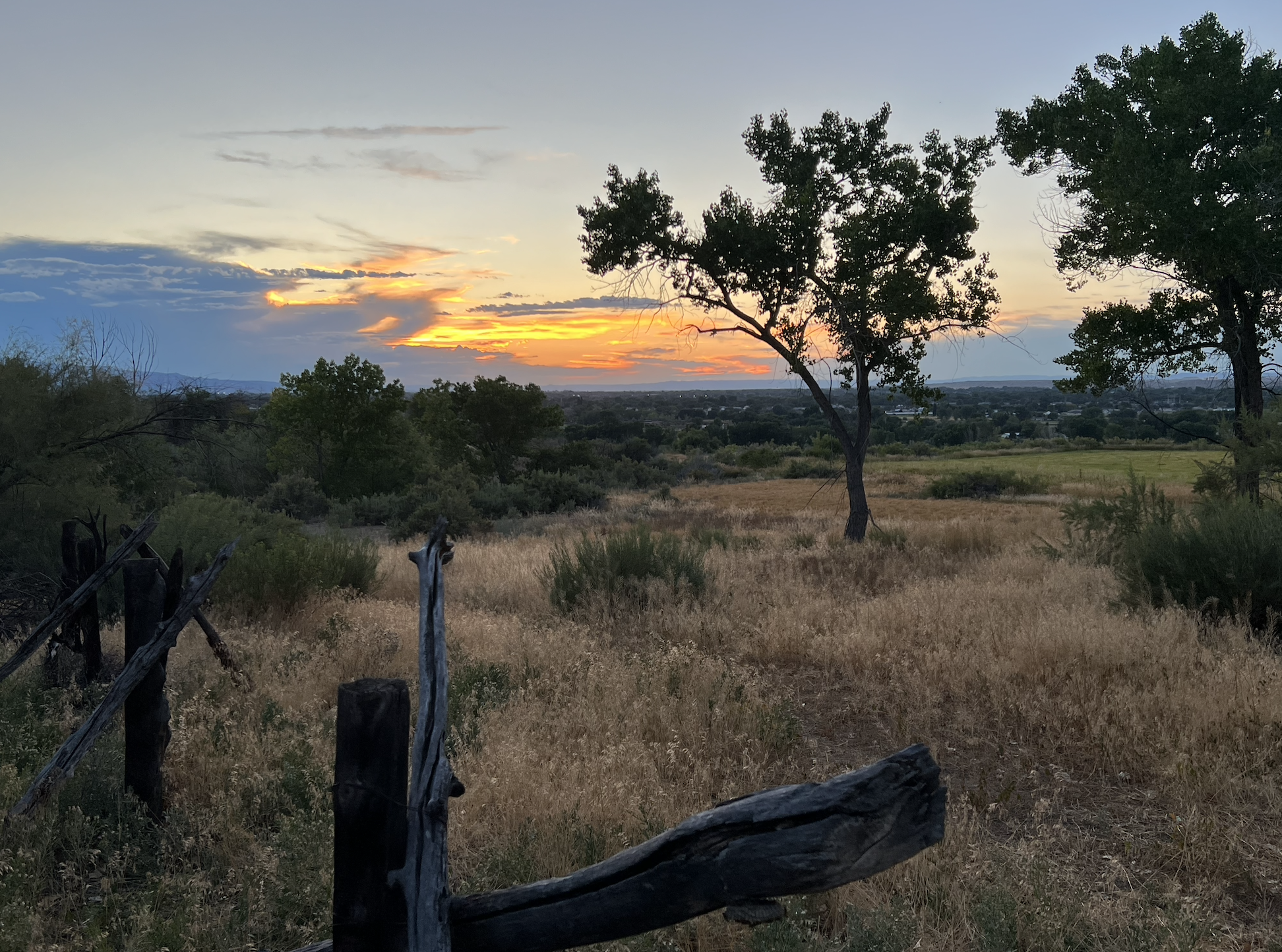Some brilliant and thoughtful words here on the OST listserve from OST practitioner Lisa Heft. I love the emphasis she is offering on the OST format for holding the space for a group to do its work. I also love the distinction of what is the group’s work and what is the facilitator’s relationship to conflict and resolve. Great stuff here for any practitioner deepening his / her ability for the complex environments in which we use OST and other participative methodologies.
My observation is that many individuals – which therefore includes facilitators – are conflict-averse. We see something we name as conflict, and we either want to avoid it or solve it away. We are not very good at sitting with it; breathing through it. I am talking about those conflicts where your life is not immediately in danger but instead where voices are raised and people are angry and upset.
And for some of our cultures – what one culture sees as conflict (raising of voices, dramatic gestures, angry faces) – another culture sees as passion or simply as expression and communication. So all those cultural filters are at work (us, our groups, our personal / cultural style, our family-of-origin / relationship history – oh so many things).
So to me – as a facilitator – my job is to know:
– what is the group’s work (and what is my own internal work)
– to breathe (and to breathe as a way to hold space for others)
– to do thoughtful work (including the pre-work and analysis for / selection of best-fit dialogue process)
– and to care for self and others (in specific ways like making sure I am hydrated, rested and fed, and holding in my heart and mind that their work is their own and that I think they are amazing).
Conflict without violence is to me – passion. Someone struggling to name their own truth – which while not perhaps true for others, is true for them, at that moment.
Harrison I disagree with you – I don’t think conflict is something that can often be resolved in a single meeting. By a single intervention. Resolution is not what I seek by offering Open Space as one of the possible tools for a certain meeting. The ability to breathe through conflict – to witness rage without blows – to be able to walk away (and walk back in) – to hear another person’s story (without trying to solve or change it) – these are all the things that an Open Space (of two days, ideally) can offer. Resolution? Take any human behavior – there are so many things that inform and change and hold in place certain behaviors. The meeting is just one part of someone’s life, life history, life after the meeting, real life ‘on Monday’, social norms, support for change and so on. But what the meeting can do as the ‘massage’ so the human can witness their own inner dialogue, feel witnessed, notice and wonder, try to articulate, stumble through, step back and step back in? Amazing.
I say two days ideally because in any process – including Open Space – on Day 1 people are often naming their grief and loss. Day 2 does not magically change that but with the overnight, with eating together, with feeling witnessed as they tell their story again and again on Day 1 – seems like enough people shift a bit on Day 2 to not lose their own story but walk forward into imagining a slightly different story, together.
As you say, Harrison, ‘…given the time / space to do it.”
It is what happens before the meeting and afterward that also count. Which is why I think of Open Space or any other facilitated process as one in a chain of steps of change and shift as part of a greater whole.
